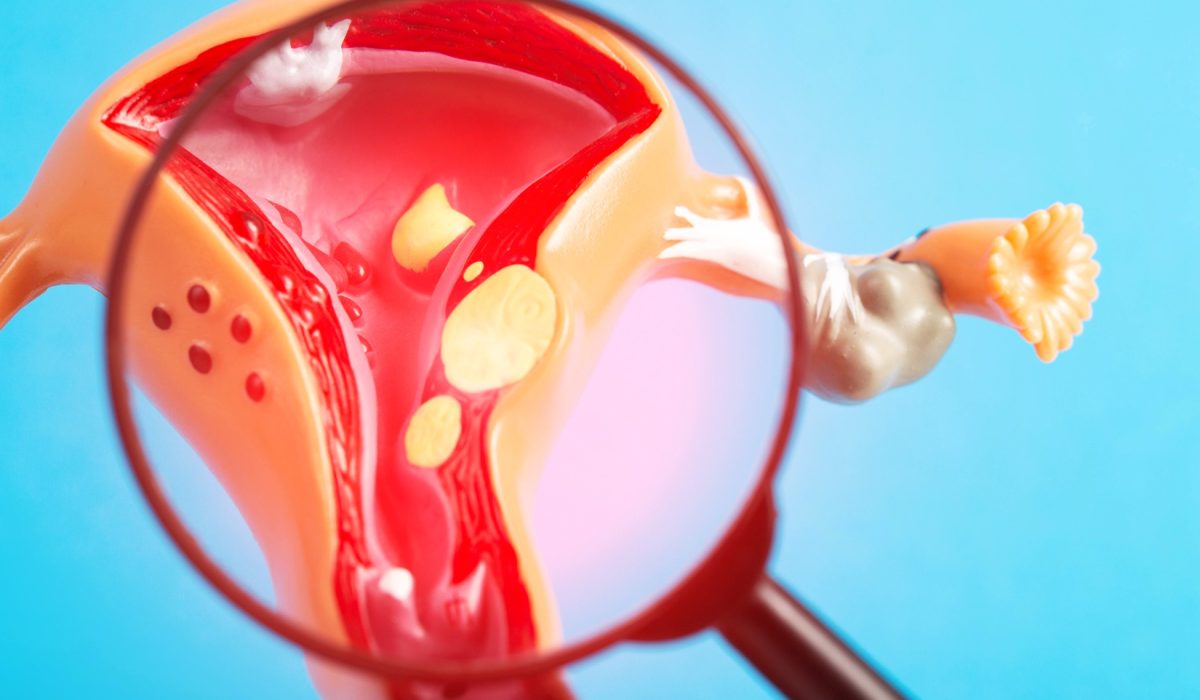Uterine fibroids, also known as leiomyomas or myomas, are non-cancerous growths that develop in the uterus.
They are common among women, with an estimated 80% of women developing them by the age of 50.
Symptoms of Fibroids
Some of the common symptoms of fibroids include:
- Heavy or prolonged menstrual periods
- Pelvic pain or pressure
- Bladder and bowel problems
- Backache or leg pain
- Infertility or frequent miscarriage
Causes of Fibroids
The exact cause of fibroids is unknown. However, some of the factors that can increase the risk of developing fibroids include:
- Hormonal imbalances: An excess of estrogen and progesterone can cause the development of fibroids.
- Genetic predisposition: If you have a family history of fibroids, you are more likely to develop them.
- Obesity: Being overweight or obese can increase the risk of developing fibroids.
- Vitamin D deficiency: Studies have shown that women with low levels of vitamin D are more likely to develop fibroids.
Diagnosis of Fibroids
Fibroids are usually diagnosed through a combination of pelvic exam and medical history, ultrasound, MRI, hysteroscopy, and biopsy. Your doctor will recommend the best diagnostic method based on your symptoms and medical history.
Treatment for Fibroids
The treatment for fibroids depends on the severity of the symptoms. If you are experiencing mild or no symptoms, your doctor may advise you to adopt a “wait and see” approach. Since fibroids are not cancerous, they can grow slowly or not at all, and they may even decrease in size or disappear completely after menopause.
If you have moderate or severe symptoms, you may need surgery for relief. The surgical options include myomectomy, endometrial ablation, uterine fibroid embolization (UFE), or hysterectomy.
Preventive Measures for Fibroids
While there is no guaranteed way to prevent fibroids, some measures can reduce the risk of developing them. These include maintaining a healthy weight, exercising regularly, eating a balanced diet, avoiding excessive alcohol consumption, and quitting smoking.
Diet Changes That Help with Fibroids
Certain dietary changes can also help manage the symptoms of fibroids. It is recommended to avoid meats and high-calorie foods and include foods and drinks that are high in flavonoids, green vegetables, green tea, and cold-water fish such as tuna and salmon.
Myths and Facts about Fibroids
Myth: Fibroids can turn cancerous.
Fact: Uterine fibroids are non-cancerous growths and do not increase the risk of uterine cancer.
FAQs on Uterine Fibroids:
Q: Can fibroids affect fertility?
A: Yes, fibroids can affect fertility, but not all fibroids cause infertility.
Q: Are fibroids common?
A: Yes, fibroids are common, with an estimated 80% of women developing them by age 50.
Q: Can fibroids shrink on their own?
A: Yes, fibroids can shrink on their own, particularly after menopause.
In conclusion, uterine fibroids are non-cancerous growths that can cause a range of symptoms. While there is no guaranteed way to prevent fibroids, adopting a healthy lifestyle, managing stress levels, and seeking medical attention for severe symptoms can help manage the condition.
